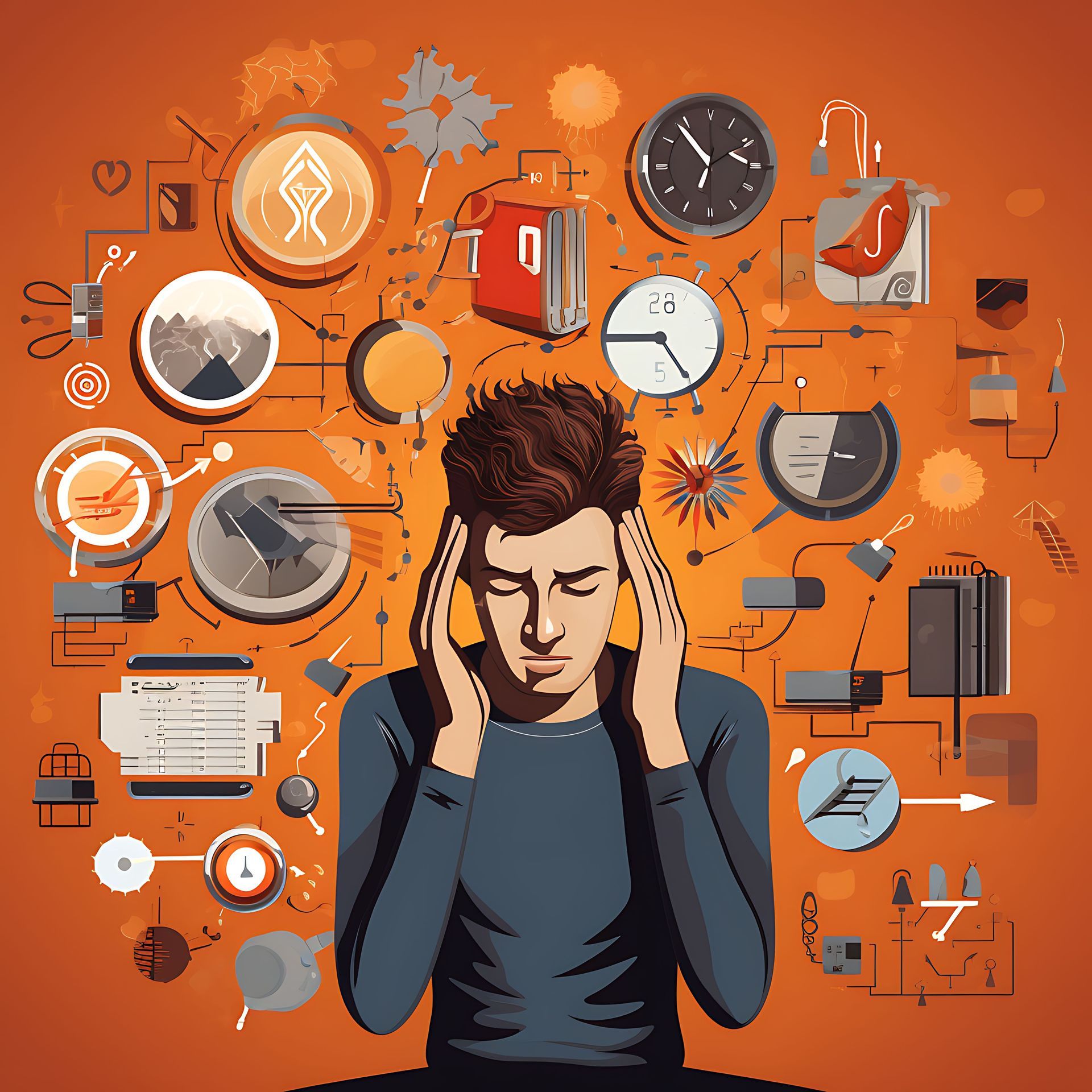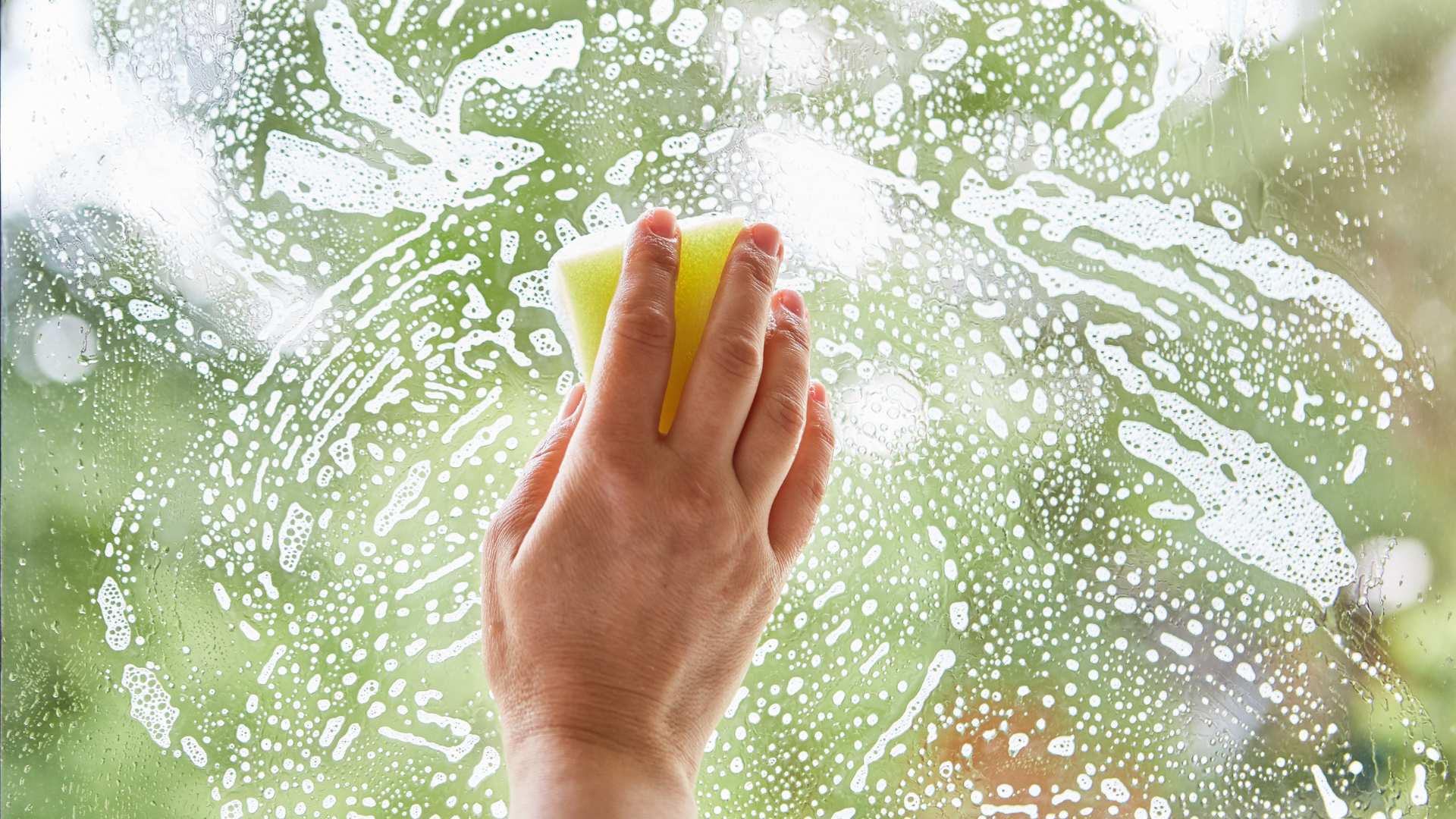Overcoming Obsessive-Compulsive Disorder (OCD) With Exposure and Response Prevention (ERP) Therapy

By Thrive Wellness Sacramento Director of Child & Adolescent Services Alexis Nicodemus, AMFT, APCC
A condition experienced by 1.2% of individuals in the U.S. , obsessive-compulsive disorder (OCD) can consume a person’s mind with troubling thoughts and drive them to engage in repetitive behaviors. Through therapy, however, an individual can face the fears at the root of their obsessive thoughts and develop healthy coping strategies to supplant their compulsive behaviors.
WHAT IS OCD?
OCD is a mental health condition characterized by intrusive ideas and recurrent behaviors intended to lessen the anxiety stemming from the unwanted thoughts. The obsessive thoughts and compulsive behaviors associated with OCD interfere with a person’s ability to perform daily activities.
Symptoms of OCD include:
- Preoccupation with distressing ideas
- Ritualistic behaviors
Many misunderstand OCD as a choice. Because OCD is a fear-based disorder, using logic to mitigate the symptoms isn’t effective. Fixating and carrying out ritualistic behaviors are typically unenjoyable, and if a person could cease them, they generally would.
TYPES OF OBSESSIVE-COMPULSIVE DISORDER (OCD)
OCD is an umbrella term with different themes and elements varying from person to person. Some common types of OCD include:
-
- Contamination OCD: Characterized by a fear of being dirty, contamination OCD is generally associated with the compulsion to repeatedly wash oneself.
- Hoarding OCD: Those with hoarding OCD commonly collect items and avoid throwing things away for fear of negative consequences.
- Symmetry OCD: Often involving a fixation with things being “just right,” symmetry OCD is frequently linked to ordering items in a specific manner or repeatedly checking that things are as they should be.
- Taboo thoughts OCD: Individuals who struggle with this type of OCD may experience invasive thoughts about violence, sex, or religion characterized as forbidden.
CAUSES OF OCD
Researchers aren’t sure exactly what causes OCD, but some possible contributing factors include:
- Family history: A person’s risk of OCD is increased if a family member also has OCD.
- Sickness: Strep throat and scarlet fever have been linked to the onset of OCD. This occurrence is known as pediatric autoimmune neuropsychiatric disorders associated with streptococcal infections (PANDAS).
- Stress : Stress from major life transitions can lead to OCD.
When treating OCD, the antecedents aren’t typically a focal point. Instead, clinicians typically address the disorder directly intending to resolve clients’ symptoms.
OCD AND PERINATAL MENTAL HEALTH
Many parents tend to develop OCD during the perinatal period which accounts for pregnancy up until one year postpartum. The fluctuation in hormones, changes in family dynamics, and the responsibility of caring for a baby may act as stressors that can lead to anxiety, preoccupation, and compulsive behavior. Perinatal OCD may take the form of unwanted ideas of aggression towards the baby or excessive fear of the baby contracting a serious illness.
Related: Perinatal Eating Disorders: How the Perinatal Period Can Lead to Food and Body Image Concerns
OCD AND EATING DISORDERS
The obsessive thinking and ritualistic eating behavior that often accompany eating disorders parallel the symptoms of OCD, which can make the conditions difficult to distinguish from one another. Those with eating disorders commonly have repetitive thoughts about eating and their body. They may also eat particular foods in specific ways and at certain times. A person struggling with an eating disorder may have co-occurring OCD with characteristics unrelated to the eating disorder, such fear of contamination along with compulsive hand-washing.
TREATMENT OF OCD THROUGH EXPOSURE AND RESPONSE PREVENTION (ERP) THERAPY
Through exposure and response prevention (ERP) therapy, the therapist systematically introduces individuals with OCD to the circumstances they fear, while also helping them implement coping strategies. By beginning with triggers that cause lower levels of distress and incrementally increasing to situations that induce more anxiety, a clinician guides the client in developing resilience to their fears.
During clinician-led exposures to triggers, clients can expect to feel upset. The therapist will stay within the client’s window of tolerance, however, while also pushing the client towards the edge of their ability to endure the situation.
Depending on the acuteness of the OCD and a person’s willingness to be uncomfortable through the treatment process, symptoms can resolve within six to eight weeks in an intensive outpatient program (IOP), and within three to four months in an outpatient program.
OCD TREATMENT AT THRIVE WELLNESS
Thrive Wellness’ mental and behavioral health experts specialize in treating individuals struggling with all types of OCD, including perinatal OCD and OCD that co-occurs with eating disorders . By guiding individuals in quieting their intrusive thoughts and overcoming their compulsions, our clinicians can help alleviate the debilitating nature of OCD. To learn more about our therapeutic services , reach out .
About the Author
Thrive Wellness Sacramento Director of Child & Adolescent Services Alexis Nicodemus, AMFT, APCC
Alexis Nicodemus earned a bachelor’s degree in early childhood education with a minor in counseling as well as a master’s degree in counseling from Sacramento State University in California. Her clinical experience includes working in intensive outpatient programs as well as residential facilities for eating disorder recovery. As the director of child and adolescent services at Thrive Wellness Sacramento, Alexis helps to ensure that program curriculum is properly implemented, works to collect collateral contacts as needed to support treatment, and offers therapeutic services to clients experiencing eating disorders and co-existing conditions.
As a clinical therapist, Alexis employs modalities such as cognitive-behavioral therapy (CBT), dialectical behavior therapy (DBT), and mindfulness practices to support clients struggling with mental and behavioral health concerns. Her passion is to assist individuals in the ways they most need in order to find joy, hope, and purpose along the path to healing. Alexis wants clients to know that while life inevitably presents challenges, they are not alone in facing them and there is always light at the end of the tunnel. She strongly promotes the importance of mental health, emphasizes that each of us matters, and advocates for seeking assistance when one’s well-being depends on it.
While all Thrive Wellness locations offer interdisciplinary clinical teams who collaborate to treat eating disorders, perinatal mood and anxiety disorders (PMADs), and additional mental and behavioral health conditions, programs and services may vary by location.
The post Overcoming Obsessive-Compulsive Disorder (OCD) With Exposure and Response Prevention (ERP) Therapy first appeared on Thrive Wellness.

Start your healing journey today
NEXT STEPS
Are you ready to find hope? We can't wait to connect you with the care you need. To get started with us, please reach out using the link below.

Obsessive Compulsive Disorder

Perinatal
Mental Health
Obsessive Compulsive Disorder
Perinatal
Mental Health
SITE MENU
THRIVE LOCATIONS
Reno, NV 89501
OCD & Anxiety Disorders
Luella Garvey House
Perinatal Mental Health
"It Takes A Village"
Virtual Program
All Rights Reserved | Thrive Wellness | PRIVACY POLICY





